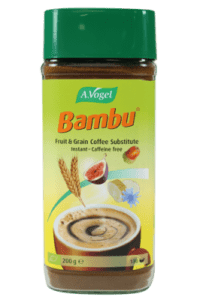



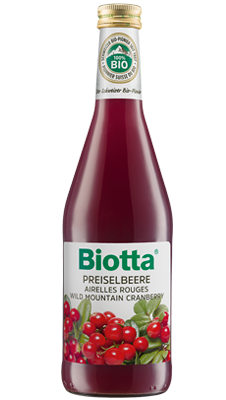
Bambu Coffee Substitute A Vogel
£4.94 – £8.09
Coffee
Coffee substitutes are beverages that are used as alternatives to coffee, either due to personal preference, health reasons, or as a caffeine-free option. Here are some common coffee substitutes:
1. **Decaffeinated Coffee:** Decaffeinated coffee is regular coffee that has undergone a process to remove most of the caffeine. It still retains the flavor of coffee but contains significantly less caffeine, making it a popular choice for those who want to reduce their caffeine intake.
2. **Herbal Coffee:** Herbal coffee blends are made from roasted herbs, grains, nuts, and seeds that mimic the flavour of coffee without containing caffeine. Common ingredients include roasted chicory root, dandelion root, barley, rye, and carob. These blends often have a rich, roasted flavour similar to coffee.
3. **Roasted Grain Beverages:** Some coffee substitutes are made from roasted grains, such as barley, wheat, or corn. These beverages are caffeine-free and have a nutty, toasty flavour. They can be enjoyed on their own or mixed with other ingredients like milk or sweeteners.
4. **Tea:** While not exactly a coffee substitute, tea offers a flavourful and aromatic alternative to coffee. There are many types of tea available, including black tea, green tea, herbal tea, and fruit tea, each with its own unique flavour profile and potential health benefits.
5. **Mushroom Coffee:** Mushroom coffee blends contain powdered medicinal mushrooms, such as chaga, lion’s mane, or reishi, mixed with ground coffee or coffee substitutes.
These blends offer a rich, earthy flavour and are often touted for their potential health benefits, including immune support and stress reduction.
6. **Grain-Based Instant Coffee Alternatives:** Some companies produce instant coffee alternatives made from grains like barley or chicory.
These products are available in granule or powder form and can be mixed with hot water to create a coffee-like beverage. They are often caffeine-free and may have added flavours like vanilla or caramel.
7. **Nut-Based Coffee Substitutes:** Some coffee substitutes are made from roasted nuts, such as almonds, hazelnuts, or macadamia nuts. These nut-based blends can be ground and brewed like a coffee table or used to flavour other beverages like milk or smoothies.
8. **Acorn Coffee:** Acorn coffee is made from roasted and ground acorns, which have a rich, nutty flavour reminiscent of coffee. While less common than other coffee substitutes, acorn coffee is caffeine-free and can be brewed like traditional coffee.
Overall, coffee substitutes offer a variety of options for those looking to enjoy a flavourful beverage without the caffeine or acidity of coffee.
Whether you prefer herbal blends, roasted grains, or mushroom-infused drinks, there are plenty of alternatives to explore.
There are people out there, people with incredible willpower, who don’t drink caffeine—opting for grain, mushroom, and herb-based alternatives to coffee instead.
Sometimes it comes from a fear of becoming addicted, sometimes it’s because of concerns about insomnia, blood pressure, insulin resistance, acidity, and exacerbating anxiety. Luckily.

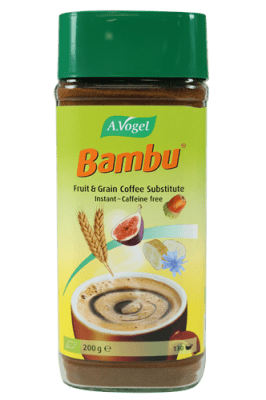


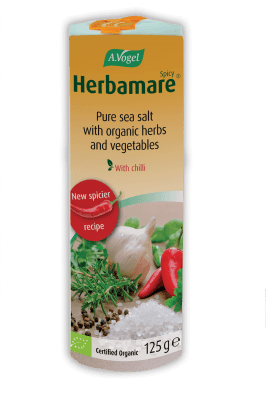
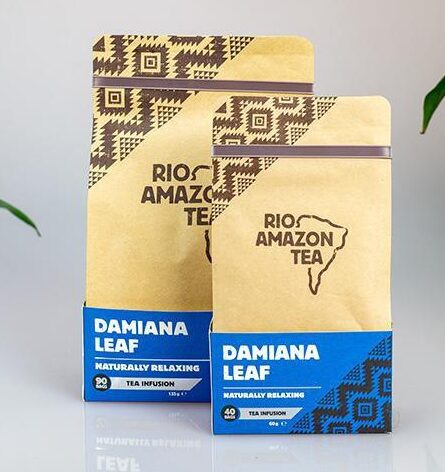
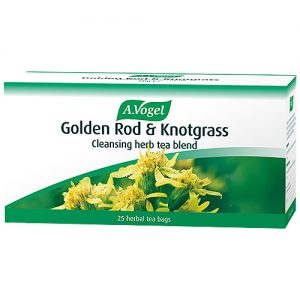
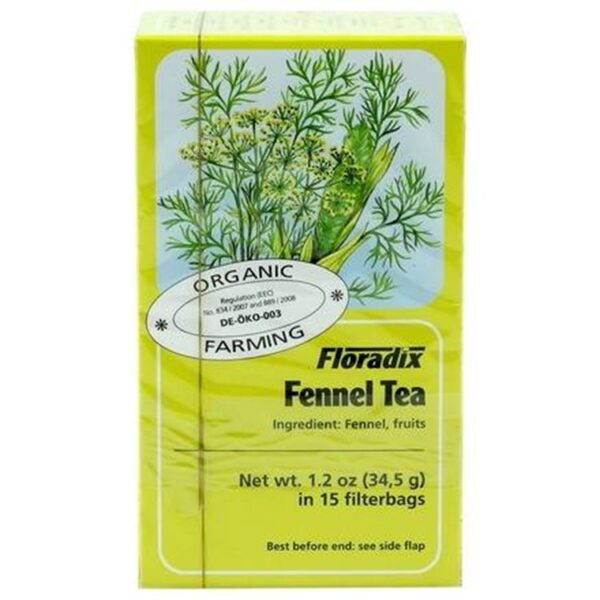
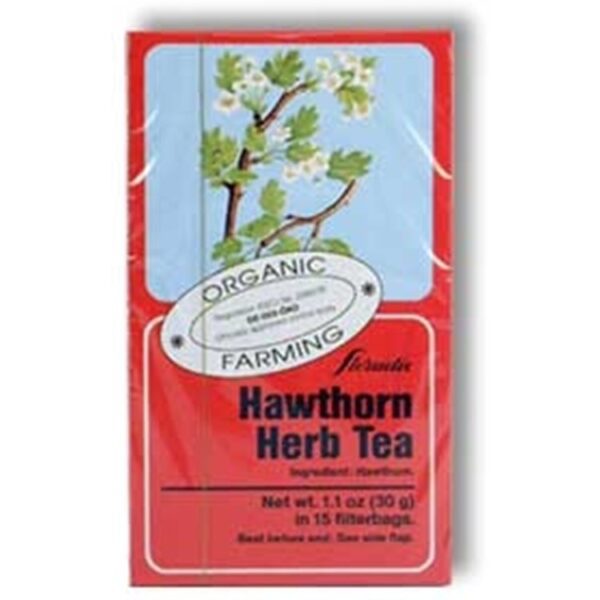
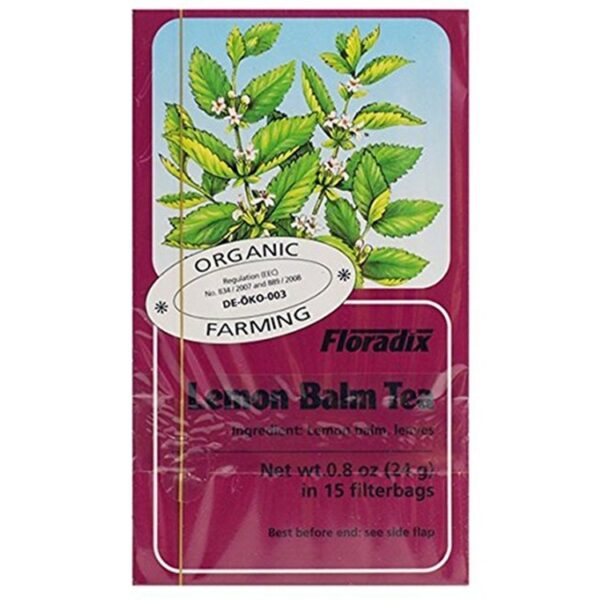
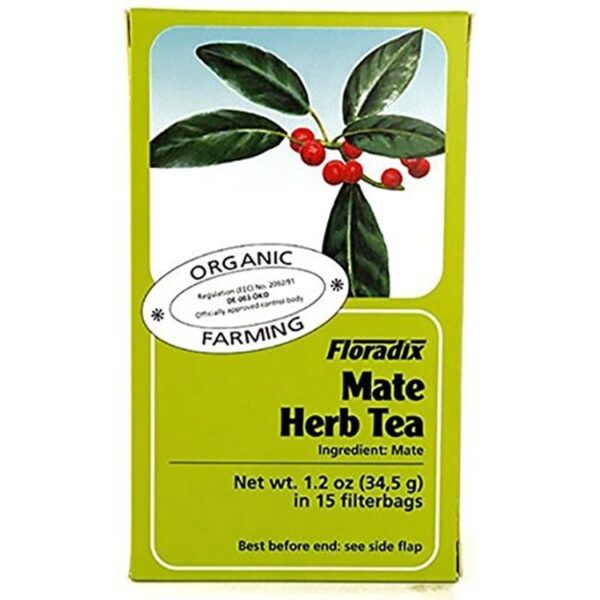
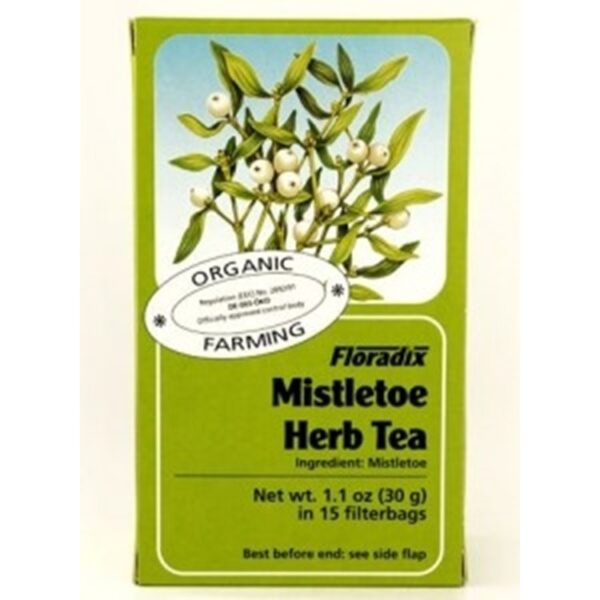
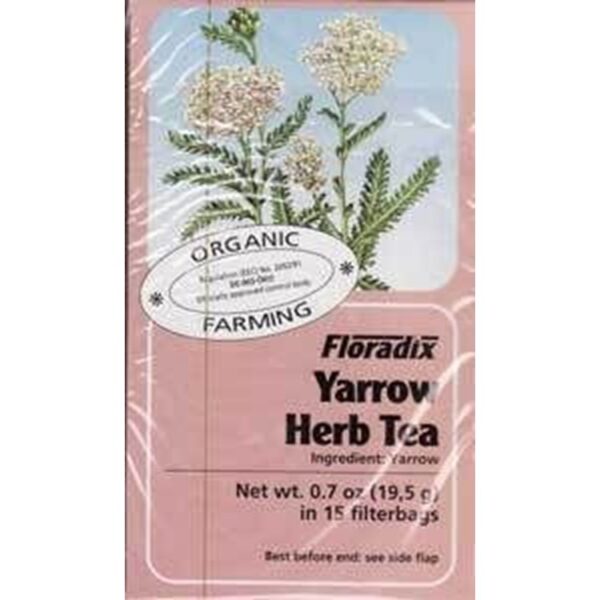




Reviews
There are no reviews yet.